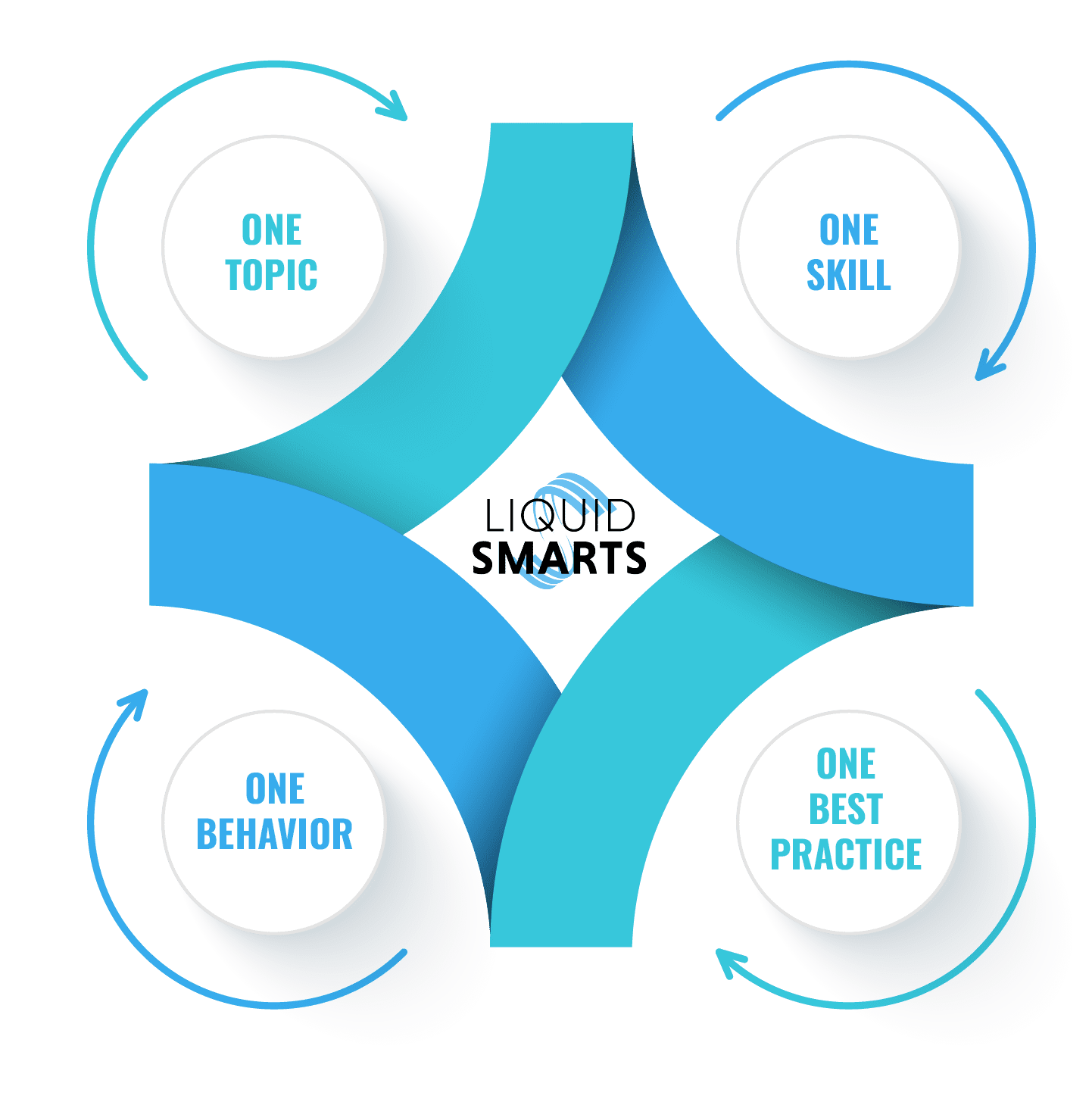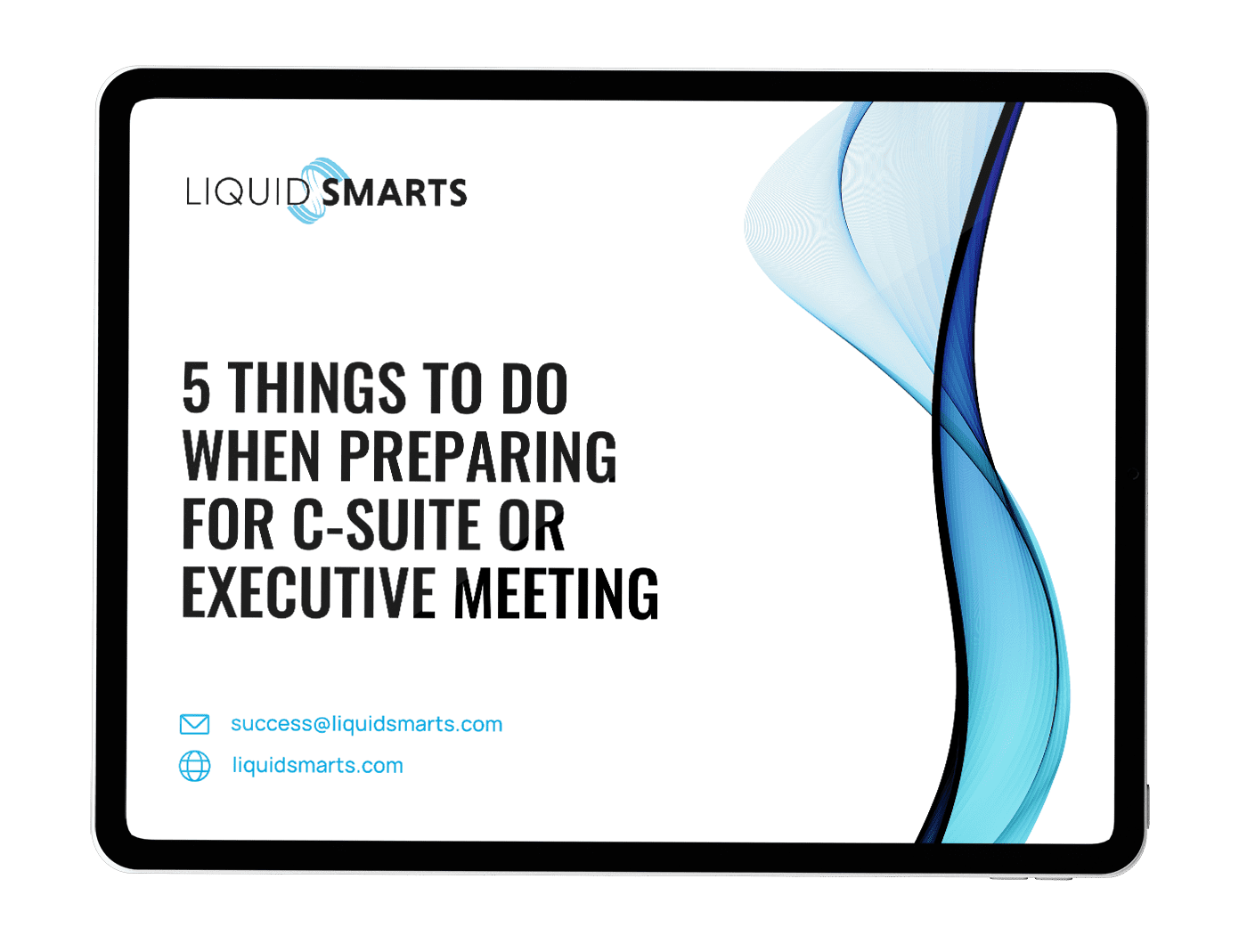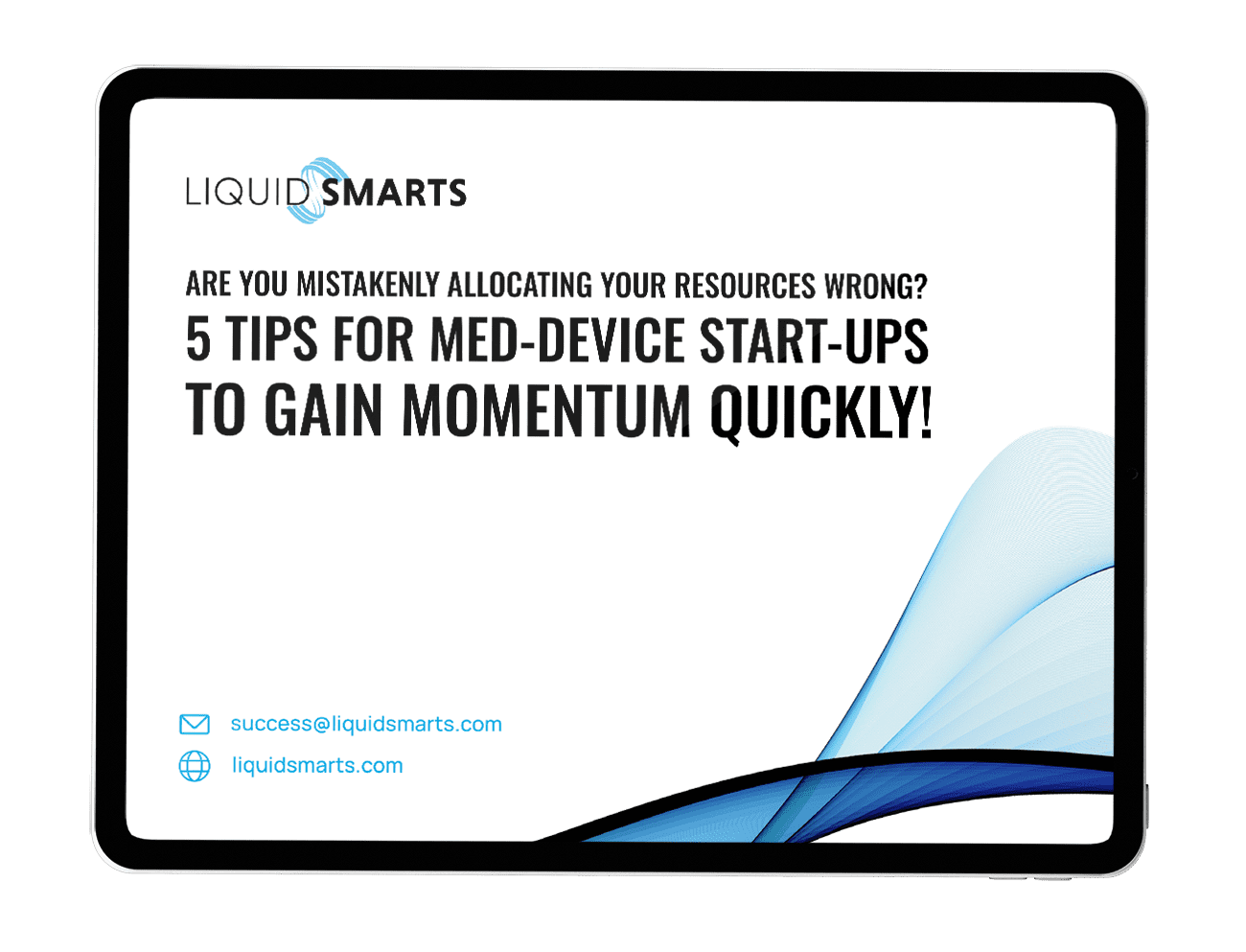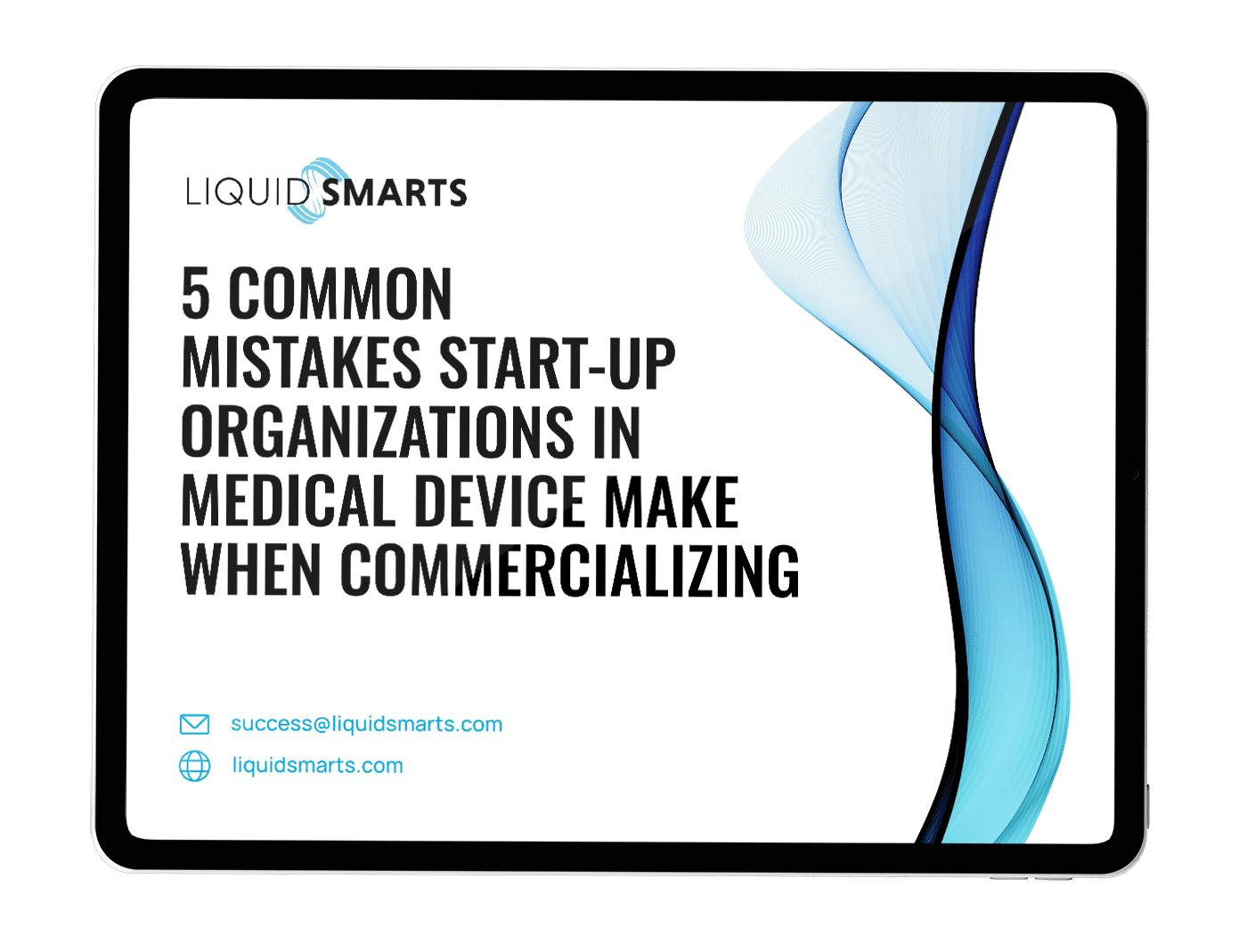Based on the research by Fletcher and Sarkar (2013) on psychological resilience, transformational coaching can play a significant role in enhancing human performance.
Let’s explore the undervalued aspects of human performance that transformational coaching can improve, drawing from the Psychological Immunity-Psychological Elasticity (PI-PE) model of psychological resilience.
Building Resilience
By its very nature, transformational coaching is designed to help individuals navigate challenging situations and emerge stronger. It fosters psychological resilience, which is maintaining or regaining mental health during and after significant adversities.
According to the PI-PE model, resilience is a dynamic process that involves two fundamental mechanisms: tolerance and narrative construction1. Tolerance refers to the ability to endure a stressor. At the same time, narrative construction consists of integrating the experience into an existing narrative or constructing a new narrative about oneself and the world.
Enhancing Tolerance and Narrative Construction
Transformational coaching can enhance both tolerance and narrative construction, thereby fostering resilience. It can help individuals develop strategies to tolerate stressors and maintain their psychological functioning. Moreover, it can guide individuals in constructing narratives that help them make sense of their experiences and adapt to stressors.
Adaptive Outcomes
The PI-PE model outlines four types of positive adaptation: sustainability, recovery, transformation, and thriving1. Transformational coaching can facilitate these adaptive outcomes:
- Sustainability: Transformational coaching can help individuals maintain their psychological functioning in the face of stressors.
- Recovery: Through coaching, individuals can restore their psychological functioning after it has been affected by a stressor.
- Transformation: Transformational coaching can guide individuals in changing their psychological functioning after it has been affected by a stressor.
- Thriving: With the help of coaching, individuals can optimize their psychological functioning, strengthening it through the experience of a stressor.
Maximizing Your Team’s Performance Through Transformational Coaching
Transformational Coaching provides a pathway to greater resilience through enhancing narrative construction and adaptive outcomes. Through this type of coaching, there is an accelerated mastery of the ownership of one’s situations and embracing the necessary challenges as one works towards successful results.
The controlled use of resilience served with intention creates an ideal platform for improved performance. It enables us to understand our current challenges, master ways to build on our potential, and eventually manifest our visions in real life.
At its essence, Transformational coaching is about maximizing the performance of individuals and teams – granting them sustainable success through the intentional development of their skills and resources.
Are you ready to explore how you can supercharge your team’s performance? Let’s talk today and start taking advantage of Transformational Coaching.
References
Resilience mechanisms at work: The psychological immunity-psychological elasticity (PI-PE) model of psychological resilience






